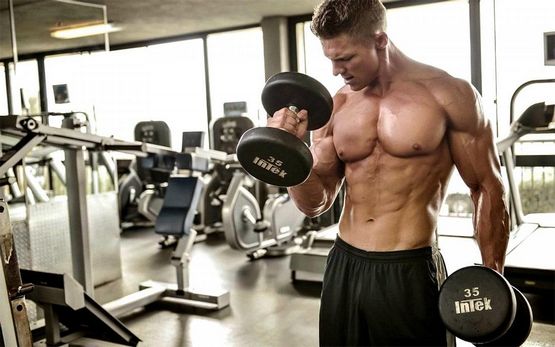Steroids are often a topic of heated debate, especially in the realms of sports and bodybuilding. Their ability to enhance performance and physical appearance has made them popular among athletes and fitness enthusiasts. However, with their benefits come significant risks and potential side effects. This article aims to provide a comprehensive overview of steroids, their uses, mechanisms, and the implications of their use.
What Are Steroids?
Steroids are synthetic compounds that resemble hormones produced naturally by the body. They can be classified into two main categories:
- Anabolic steroids: These promote muscle growth and increase strength.
- Corticosteroids: These are primarily used to reduce inflammation and suppress the immune system.
Anabolic steroids are the focus of most discussions around performance enhancement, as they significantly affect athletic performance and physique.
How Do Anabolic Steroids Work?
The primary active ingredient in anabolic steroids is testosterone, a hormone responsible for muscle development and male characteristics. The pharmacological action of steroids involves binding to specific receptors in the body, leading to increased protein synthesis and muscle growth. This can enhance physical performance and improve recovery times.
When an individual uses steroids, the body experiences:
- Increased muscle mass and strength
- Enhanced recovery from workouts
- Improved endurance and stamina
- Reduction in body fat
However, these benefits must be weighed against the potential health risks associated with steroid use.
Steroids are synthetic compounds that mimic the effects of natural hormones in the body, particularly testosterone. They are widely used in medicine to treat a variety of conditions, such as delayed puberty and muscle wasting diseases. The pharmacological action of steroids involves binding to specific receptors in the body, leading to increased protein synthesis and muscle growth. This can enhance physical performance and improve recovery times. For those interested in purchasing steroids, you can buy on the link to explore available options.

Medical Uses of Steroids
While the misuse of anabolic steroids is well-documented, they also have legitimate medical applications, including:
- Hormone Replacement Therapy: For individuals with hormonal deficiencies, anabolic steroids can help restore normal levels.
- Treatment of Muscle Wasting Diseases: Conditions like cancer or AIDS lead to muscle loss, which can be countered with anabolic steroids.
- Bone Density Improvement: Steroids can be prescribed to help patients with osteoporosis.
- Delayed Puberty: In adolescents with hormonal imbalances, steroids can induce puberty.
Despite these benefits, any medical use of steroids should be closely monitored by a healthcare professional.
The Risks of Steroid Use
The allure of enhanced performance comes at a cost. The misuse of steroids can lead to numerous health complications, including:
- Cardiovascular Issues: Increased risk of heart attacks, strokes, and hypertension.
- Liver Damage: Oral steroids can lead to liver disease and tumors.
- Hormonal Imbalances: Can result in infertility, gynecomastia (development of breast tissue in men), and other endocrine disorders.
- Mental Health Effects: Steroid abuse can lead to mood swings, aggression, and depression.
- Dependency and Withdrawal: Users may develop a psychological dependency, leading to withdrawal symptoms upon cessation.
Legality and Regulations
The legality of steroid use varies by country. In many places, anabolic steroids are classified as controlled substances, making their possession and distribution illegal without a prescription. Athletes found using steroids face severe penalties, including suspensions and lifetime bans from competitions.
Conclusion
Steroids present a complex issue where the benefits must be carefully balanced against the potential risks. For individuals seeking to enhance their physical performance, understanding both the medical applications and dangers of steroids is crucial. Those considering steroid use should consult with a healthcare provider to discuss safe practices and alternatives. Responsible usage, awareness of legal implications, and education on health risks are essential for anyone involved in athletics or bodybuilding..


